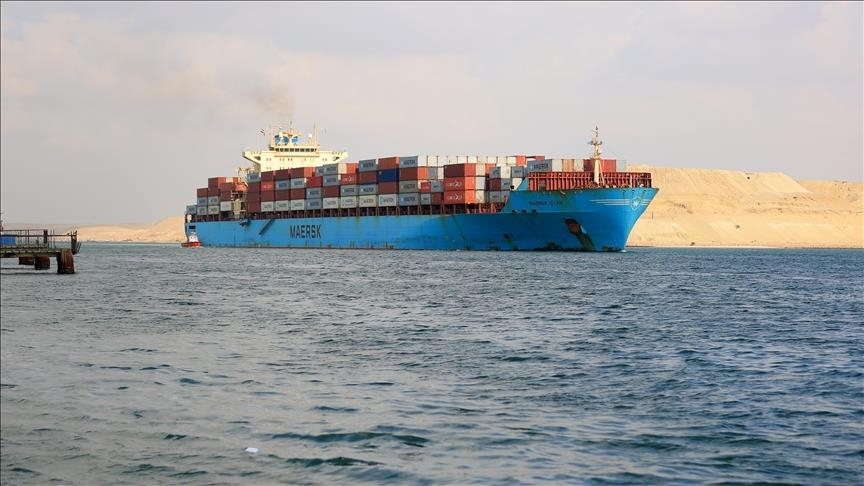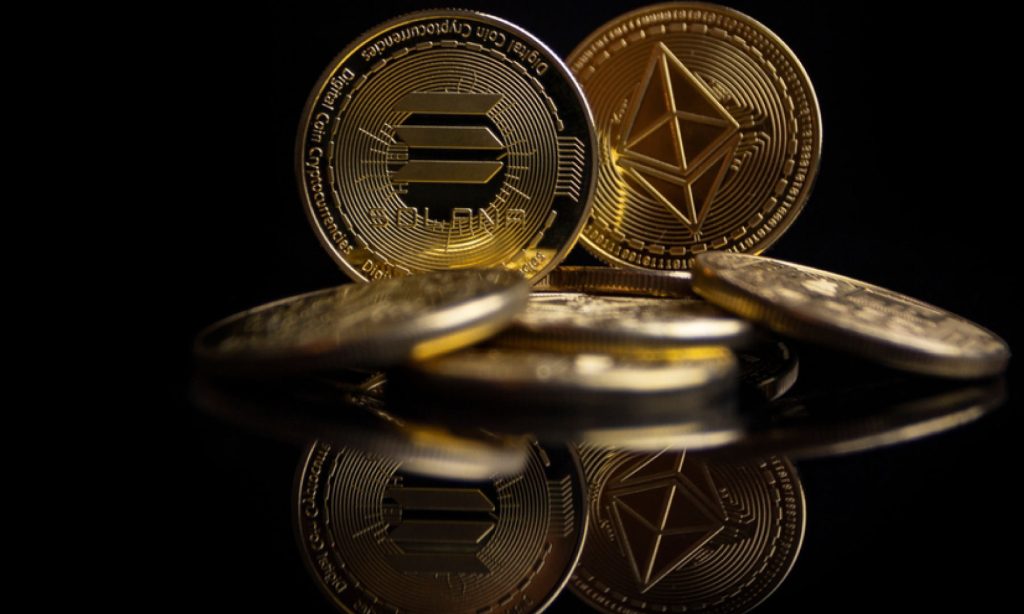Holy moly, folks! Trump’s retaliatory tariffs are officially LIVE, and let me tell you, the market is not happy. ChainCatcher is reporting that this move – targeting dozens of nations – is significantly ratcheting up the risk of a full-scale global trade war, even with whispered promises of future negotiations. Honestly, the audacity!

This isn’t just a little tweak to the system; Trump’s punitive tariffs are shaking the foundations of decades-old global trade norms. It’s a seismic shift, and frankly, it’s terrifying. People are legitimately worried about a recession, and the stock market is acting like it just saw a ghost.
We’re talking about a near $6 TRILLION wipeout in the S&P 500’s value since Trump dropped this bombshell a week ago. That’s the biggest four-day plunge since the 1950s! It’s clawing dangerously close to bear market territory – a 20% drop from recent highs. And it’s not just the US; the contagion is spreading.
Asia followed suit today, with a fresh wave of selling pressure. The Nikkei took a beating, dropping over 3% in a single day, and South Korea’s KOSPI index also tanked. This is bad, people, really bad.
Now, let’s unpack what’s really going on here:
Tariffs are essentially taxes levied on imported goods. They aim to make foreign products more expensive, theoretically benefiting domestic industries. However, they often lead to retaliatory tariffs from other countries.
This escalation creates a ‘trade war,’ disrupting global supply chains and increasing costs for businesses and consumers alike. It’s a lose-lose situation for everyone involved, except maybe the tariff lawyers.
The scale of Trump’s tariffs is unprecedented in recent history, spanning a large number of countries. This broad approach makes a coordinated resolution incredibly challenging.
The market’s reaction indicates a deep fear that these tariffs will significantly slow global economic growth and potentially trigger a recession. Scared money doesn’t make money. It flees!
This isn’t about ‘making trade fair’; it’s a high-stakes gamble with the global economy, and I, for one, am not impressed.






